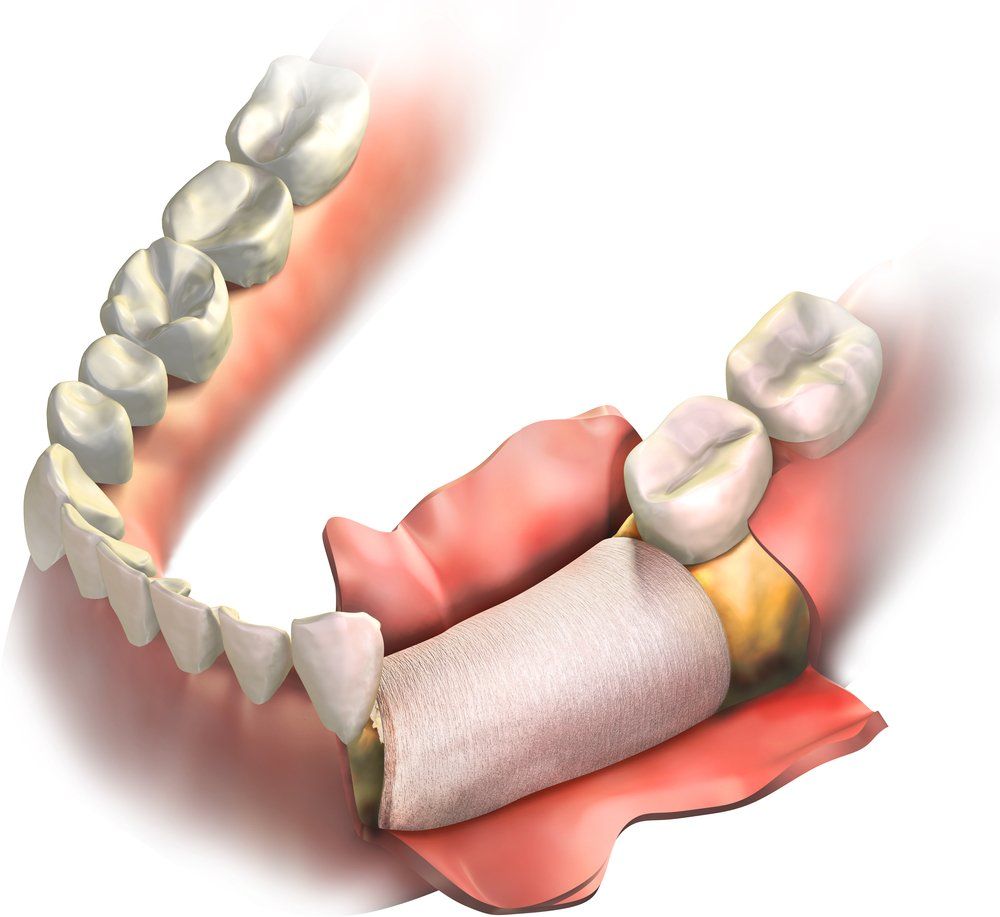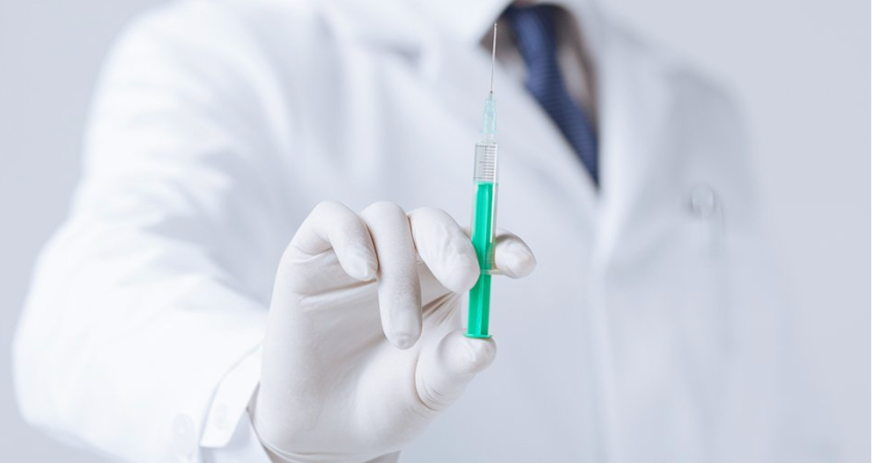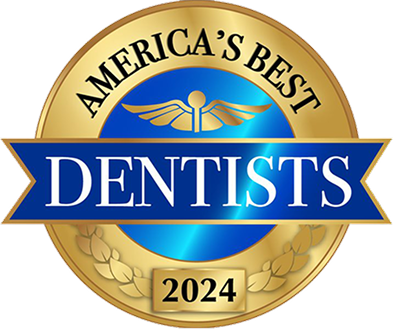
Recent blog posts






Do You Need a Full Mouth Reconstruction Surgery?
Everybody dreams of having that perfect smile...see more
7 Simple Steps to a Successful Dental Implant
The best possible treatment option to replace a missing tooth is...see more
Why You May Need Bone Grafting Before Dental Implants
Losing a tooth due to periodontal disease, injury...see more
Does Insurance Cover Dental Implants?
If you’re interested in improving your tooth replacement, you’ve probably been researching dental implants...see more
Holding Back From Dental Implants? This Will Help You Decide
You should only move forward with dental implants once...see more
Should I Get Dental Implants? Pros and Cons
Moving forward with tooth replacement is a big decision. But no matter the dental restoration you choose...see more
Use These Tricks To Make Novocaine Wear Off Faster

Many patients have anxiety over having their mouth numbed as part of a dental procedure. Numbness is defined as a lack of sensation. This type of anesthesia is achieved in dentistry by placing an anesthetic medication near a cluster of nerves, which affect the synapses and blocks many sensations, including pain.
What Is Novocaine?
Novocaine is a brand of procaine. This local anesthetic drug is frequently used to numb a specific part of the body. Unlike general anesthesia, local anesthetics don’t make you lose consciousness. Your dentist may use Novocaine or another brand of anesthesia during the following minor procedures to perform a treatment with minimal to no pain:
- A filling for a tooth cavity
-Wisdom tooth removal
-Other minor dental procedures
-Minor skin procedures, including mole or wart removal
-Certain types of eye surgery, such as cataract removal
-A biopsy (when a sample of tissue is removed from a part of your body for examination under a microscope)
Tricks To Make Novocaine Wear Off Faster
In most situations, the anesthesia your dentist uses will numb the tooth for 1 to 2 hours. The following 3 to 5 hours may leave your lips, face, and tongue numb, which can be frustrating if you’re attempting to return to normal activities immediately following your appointment. Have patience when it comes to letting the feeling and sensation in your mouth return. While the numbness will naturally wear away with time, these at-home remedies may help speed up the process.
Massage Your Skin
If no swelling is present, apply a warm compress to help increase blood flow to the affected area. In addition to using a warm compress, try massaging your lips to warm them, and increase blood flow. Avoid touching the treatment area directly, and always wash your hands before and after massaging your lips, mouth, and face.
Get Active
Ask your dentist if it’s safe to participate in physical activity following your dental procedure. Taking a brisk walk, going for a bike ride, or even a few minutes of jumping jacks will aid in naturally reducing numbness. Being active stimulates blood flow in the body, which helps to carry the anesthesia away from the injection site. The encouraging movement will enable your body to break down and metabolize the Novocaine that was used during your treatment.
Take a Nap
While taking a nap is the opposite of being active, falling asleep can help to get your mind off of the fact that some regions of your mouth and face are numb. Sit back, relax, and allow the numbing sensation to pass until the anesthetic wears off peacefully.
Ask For Another Injection
Some dental practices use medicine that can reverse the effects of general anesthesia. While this will mean another injection, a second reversal injection can also help to make the numbness dissipate twice as fast as just waiting it out. A reversal injection typically costs $25-$75, and most insurance companies will not cover the injection because it is not medically necessary.
Have Patience
Since different types of dental procedures require different amounts of anesthesia, there is no one-size-fits-all answer for how long your mouth will stay numb after a procedure. Factors that come into play as to how long the numbing sensation will last, such as your height, weight, and how fast your body can metabolize the anesthesia. Where in your mouth you needed work done also comes into play as the bottom jaw is a large nerve block that controls sensations to more areas of your face.
Have patience in allowing the anesthesia to fully wear off before eating a big meal or giving a big presentation at work. You should soon be feeling like yourself in no time. If you have any concerns regarding prolonged numbness , contact Cherrywood Dental Associates today.
Recent blog posts

Do You Need a Full Mouth Reconstruction Surgery?
Everybody dreams of having that perfect smile...see more

7 Simple Steps to a Successful Dental Implant
The best possible treatment option to replace a missing tooth is...see more

Why You May Need Bone Grafting Before Dental Implants
Losing a tooth due to periodontal disease, injury...see more

Does Insurance Cover Dental Implants?
If you’re interested in improving your tooth replacement, you’ve probably been researching dental implants...see more

Holding Back From Dental Implants? This Will Help You Decide
You should only move forward with dental implants once...see more

Should I Get Dental Implants? Pros and Cons
Moving forward with tooth replacement is a big decision. But no matter the dental restoration you choose...see more

📍7474 Greenway Center Dr #110,Greenbelt, MD 20770
Call: (301) 383-9342
Practice Hours
Monday: 7:30 AM – 4:00 PM
Tuesday: 7:30 AM – 5:30 PM
Wednesday: 7:30 AM – 2:00 PM
Thursday: 7:30 AM – 4:00 PM
Friday: Closed
Saturday: Closed
Sunday: Closed
Follow US

More Blogs

If you are missing one or more teeth due to decay, injury, disease, or due to aging, you may be a candidate for TeethXpress. Many patients who have...see more

Imagine the option of permanent, reliable teeth in a single procedure. All-On-4 dental implants give you a full dental replacement in one visit. Four...see more

Modern dental restorations are both durable and beautiful. With the option of dental implants, you can have a replacement tooth which feels...see more

Dental implants are by far the most effective way to replace a missing tooth, but many patients are put off by the very lengthy process described by their...see more

7474 Greenway Center Dr #110,Greenbelt, MD 20770
Call: (301) 383-9342
Practice Hours
Monday: 7:30 AM – 4:00 PM
Tuesday: 7:30 AM – 5:30 PM
Wednesday: 7:30 AM – 2:00 PM
Thursday: 7:30 AM – 4:00 PM
Friday: Closed
Saturday: Closed
Sunday: Closed
Copyright © 2026 All Rights Reserved.

Follow US
